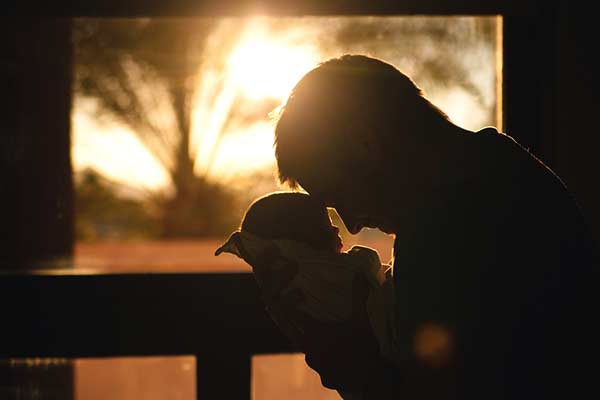Commencement of Legislation on Donor Assisted Human Reproduction
- Details
- Created: Wednesday, May 13 2020 14:37

Donor Assisted Human Reproduction (known as “DAHR”) is now regulated by sections 2 & 3 of the Children and Family Relationships Act 2015 (the “Act”) which were commenced last Monday, 4th May 2020.
This revolutionary legislation creates the concept of “donor” as opposed to “parent”. It applies where either the sperm or the eggs are donated and the DAHR procedure is performed in the State.
The Act sets out the consents required and the information to be furnished to the intending parents. It prohibits payment to donors in excess of the reasonable expenses associated with the donation. Reasonable expenses are the travel costs, medical expenses and any legal or counselling costs incurred in relation to the provision of the gamete or the giving of the consent which is required under the Act.
Of critical importance is that donors can no longer be anonymous. The Commission on Assisted Human Reproduction strongly condemns anonymous donations. It is widely believed that it is in the best interests of the child to be entitled to know their “genetic heritage”. The Act therefore provides that clinics will be obliged to send the relevant details to the Register of Births Deaths and Marriages who will hold this additional information on donor conceived children.
A system of mandatory reporting will apply so that if a child born from DAHR seeks their birth certificate from the Register of Births Deaths and Marriages after they reach the age of 18, they will be notified that there is additional information available. An exemption applies to children born within a transitional period of 3 years from the 4th May 2020 where the commissioning parents require a sibling for a child(ren) using the same donor. A donor can make representations to the Minister as to why information should not be released, and it is for the Minister to decide whether the information should be released with a right of appeal to the Circuit Court.
There are retrospective provisions contained within the Act to facilitate applications for Declarations of Parenthood in DAHR arrangements that took place before the commencement of the Act.


